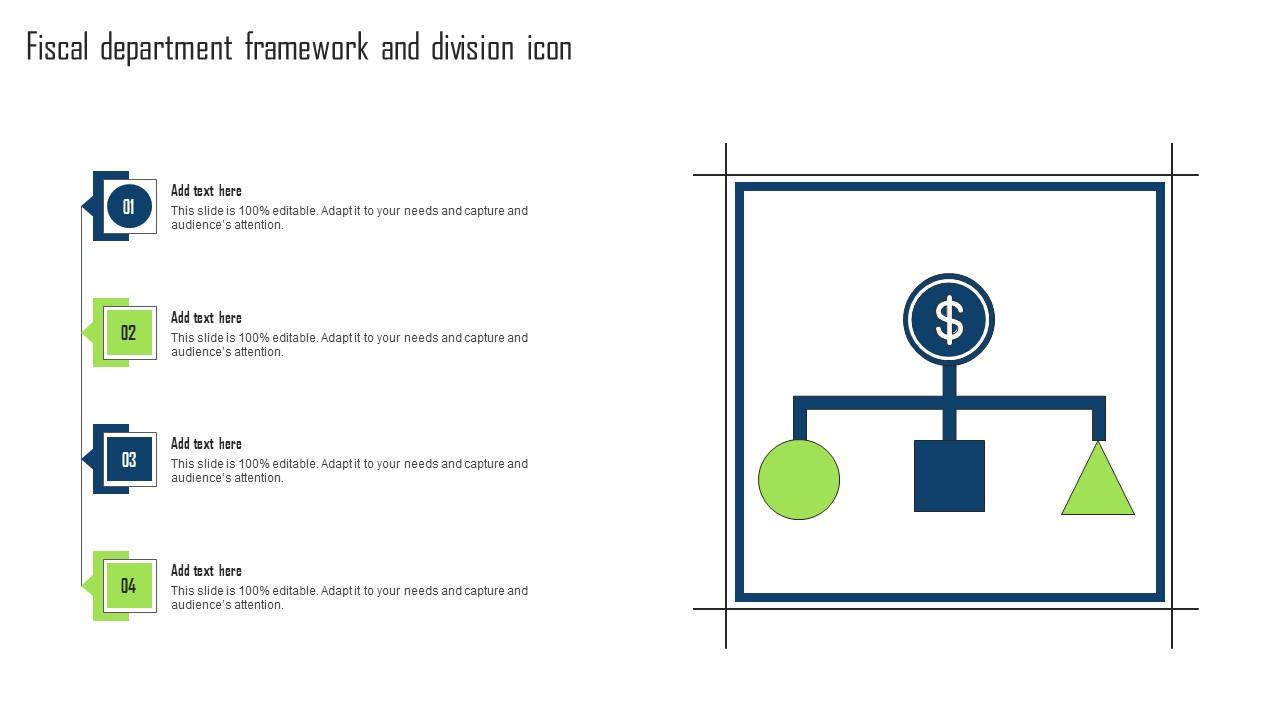The fiscal department plays a pivotal role in the financial health and stability of any organization or government body. As a cornerstone of economic planning, it ensures the efficient allocation of resources, adherence to budgetary constraints, and the implementation of fiscal policies that drive growth and sustainability. Whether it's managing public funds, overseeing expenditures, or ensuring compliance with financial regulations, the fiscal department serves as the backbone of financial governance.
For many individuals, understanding the intricacies of fiscal management can be daunting. However, the fiscal department simplifies this process by offering transparent financial reporting, strategic planning, and robust oversight. This ensures that organizations and governments operate within a framework of accountability and fiscal responsibility. In today's complex economic landscape, the fiscal department is more crucial than ever, providing the tools and strategies needed to navigate financial challenges effectively.
As we delve deeper into the functions and significance of the fiscal department, it's essential to recognize its impact on both micro and macro levels. From influencing national economies to shaping organizational success, the fiscal department's role is multifaceted and indispensable. This article aims to provide a comprehensive overview of the fiscal department's operations, highlighting its importance in modern governance and financial management.
Read also:Discover The Ultimate Getaway At Boardwalk Inn And Suites Daytona Florida
What Are the Primary Functions of the Fiscal Department?
The fiscal department's primary functions revolve around managing financial resources efficiently. This includes budget formulation, monitoring expenditures, and ensuring compliance with fiscal policies. By implementing these core functions, the fiscal department ensures that organizations and governments operate within their financial means, fostering transparency and accountability. Additionally, the department plays a key role in forecasting financial trends and developing strategies to address potential economic challenges.
Some of the key functions include:
- Budget preparation and allocation
- Financial reporting and analysis
- Monitoring and controlling expenditures
- Ensuring compliance with fiscal regulations
How Does the Fiscal Department Contribute to Economic Stability?
The fiscal department's contribution to economic stability cannot be overstated. By implementing sound fiscal policies, it helps mitigate economic risks and promotes sustainable growth. This involves analyzing economic data, forecasting trends, and developing strategies to address potential challenges. The fiscal department also plays a crucial role in regulating public spending, ensuring that resources are allocated efficiently and effectively.
Why Is the Fiscal Department Important in Public Governance?
In public governance, the fiscal department serves as the guardian of financial integrity. It ensures that public funds are utilized responsibly and transparently, fostering trust and accountability among citizens. Through meticulous budgeting and financial oversight, the fiscal department safeguards the interests of the public, ensuring that resources are directed towards initiatives that benefit society as a whole. This role is particularly vital in maintaining public confidence in governmental institutions.
What Are the Challenges Faced by the Fiscal Department?
Despite its critical role, the fiscal department faces numerous challenges in today's rapidly changing economic environment. These challenges include managing fiscal deficits, addressing economic uncertainties, and ensuring compliance with evolving regulations. Additionally, the department must navigate the complexities of global economic interdependence, requiring a deep understanding of international fiscal policies and trends.
Can the Fiscal Department Adapt to Changing Economic Conditions?
Adaptability is a defining characteristic of the fiscal department. By leveraging technology and adopting innovative approaches, the department can effectively respond to changing economic conditions. This involves utilizing data analytics, automation, and other advanced tools to enhance financial planning and decision-making. Furthermore, the fiscal department must continuously update its policies and strategies to align with emerging economic realities, ensuring long-term sustainability and resilience.
Read also:Transform Your Space The Ultimate Guide To Living Room Theaters In Portland Oregon
How Does the Fiscal Department Ensure Transparency in Financial Operations?
Transparency is a cornerstone of the fiscal department's operations. Through regular financial reporting, audits, and public disclosures, the department ensures that all financial activities are open and accessible to stakeholders. This commitment to transparency builds trust and accountability, fostering a culture of responsible financial management. By adhering to strict reporting standards and regulations, the fiscal department upholds its mandate of fiscal responsibility.
Exploring the Role of the Fiscal Department in Corporate Settings
In corporate environments, the fiscal department's role extends beyond traditional financial management. It encompasses strategic planning, risk management, and performance evaluation. By aligning financial goals with organizational objectives, the fiscal department drives growth and profitability. This involves developing robust financial models, conducting cost-benefit analyses, and implementing measures to enhance operational efficiency.
What Skills Are Essential for Professionals in the Fiscal Department?
Professionals in the fiscal department require a diverse set of skills to excel in their roles. These include expertise in financial analysis, budgeting, and regulatory compliance, as well as strong analytical and problem-solving abilities. Additionally, proficiency in data management and technology is increasingly important, given the department's reliance on advanced tools and systems. Effective communication and collaboration skills are also vital, enabling professionals to work seamlessly with cross-functional teams and stakeholders.
How Can Organizations Support Their Fiscal Department?
Supporting the fiscal department involves providing the necessary resources and tools to perform its functions effectively. This includes investing in technology, offering professional development opportunities, and fostering a culture of collaboration and innovation. By empowering the fiscal department with the right resources and support, organizations can enhance their financial performance and achieve long-term success.
Conclusion: The Indispensable Role of the Fiscal Department
The fiscal department remains an indispensable component of modern governance and financial management. Through its commitment to transparency, accountability, and strategic planning, it ensures the efficient allocation of resources and the implementation of sound fiscal policies. As economic conditions continue to evolve, the fiscal department's adaptability and innovation will be crucial in navigating the challenges of the future. By understanding its functions and importance, stakeholders can appreciate the vital role it plays in shaping economic stability and growth.
Table of Contents
- What Are the Primary Functions of the Fiscal Department?
- How Does the Fiscal Department Contribute to Economic Stability?
- Why Is the Fiscal Department Important in Public Governance?
- What Are the Challenges Faced by the Fiscal Department?
- Can the Fiscal Department Adapt to Changing Economic Conditions?
- How Does the Fiscal Department Ensure Transparency in Financial Operations?
- Exploring the Role of the Fiscal Department in Corporate Settings
- What Skills Are Essential for Professionals in the Fiscal Department?
- How Can Organizations Support Their Fiscal Department?
- Conclusion: The Indispensable Role of the Fiscal Department


